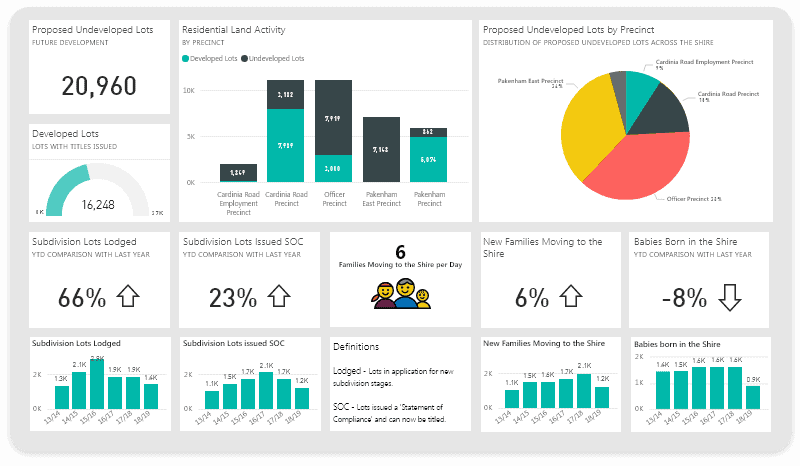
Alexa vs. Siri vs. Hey Google: Choosing the Right Smart Assistant for You
The world of virtual assistants is booming, with Alexa, Siri, and Hey Google dominating the scene. But with so many options, choosing the right one can be overwhelming.
Here’s a breakdown of the key differences between these three popular AI companions:
1. Compatibility:
- Alexa: Boasts the widest compatibility with various smart home devices and brands.
- Siri: Restricts compatibility primarily to Apple devices and the HomePod speaker.
- Hey Google: Compatible with a wide range of devices, including Android and Google Nest products.
2. Strengths:
- Alexa: Stands out for its vast library of third-party skills, offering a wide range of functionalities beyond basic commands.
- Siri: Excels at seamless integration within the Apple ecosystem, offering a smooth user experience for Apple device owners.
- Hey Google: Champions in understanding and responding to complex questions, leveraging Google’s vast knowledge base.
3. Smart Home Integration:
- Alexa: Integrates flawlessly with numerous smart home devices, making it ideal for creating a connected home.
- Siri: Works well with Apple HomeKit-compatible devices, but lacks the broader compatibility of Alexa.
- Hey Google: Integrates with various smart home brands, offering flexibility and user choice.
4. Conversational Skills:
- Alexa: Continues to improve, allowing for somewhat natural conversation flow.
- Siri: Known for its witty and often humorous responses, providing a more casual interaction.
- Hey Google: Leads in context understanding, enabling users to ask follow-up questions and engage in more natural dialogue.
5. Overall:
- Alexa: Ideal for those seeking a versatile assistant with extensive smart home integration and a large third-party skill library.
- Siri: Perfect for Apple users who value a seamless and intuitive experience within the Apple ecosystem.
- Hey Google: An excellent choice for users who prioritize accurate information retrieval, contextual understanding, and a broader device compatibility range.
Choosing the Right Assistant:
Ultimately, the best choice depends on your individual needs and preferences. Consider your:
- Existing devices and ecosystem: Do you primarily use Apple products or a mix of brands?
- Prioritized functionalities: Do you seek a broad skill set, smart home control, or superior information retrieval?
- Desired interaction style: Do you prefer a more casual and playful experience or prioritize natural conversation flow?
By understanding these key distinctions, you can confidently choose the virtual assistant that best complements your lifestyle and preferences.









































































































